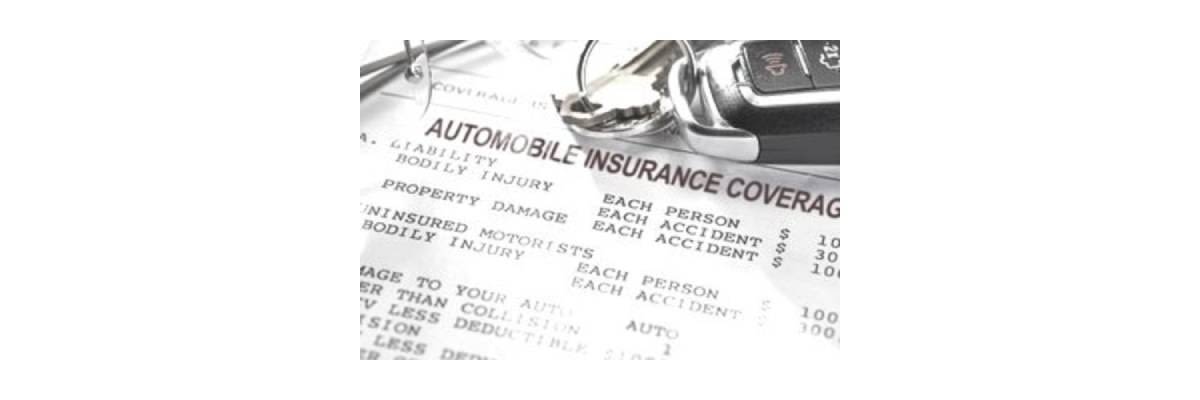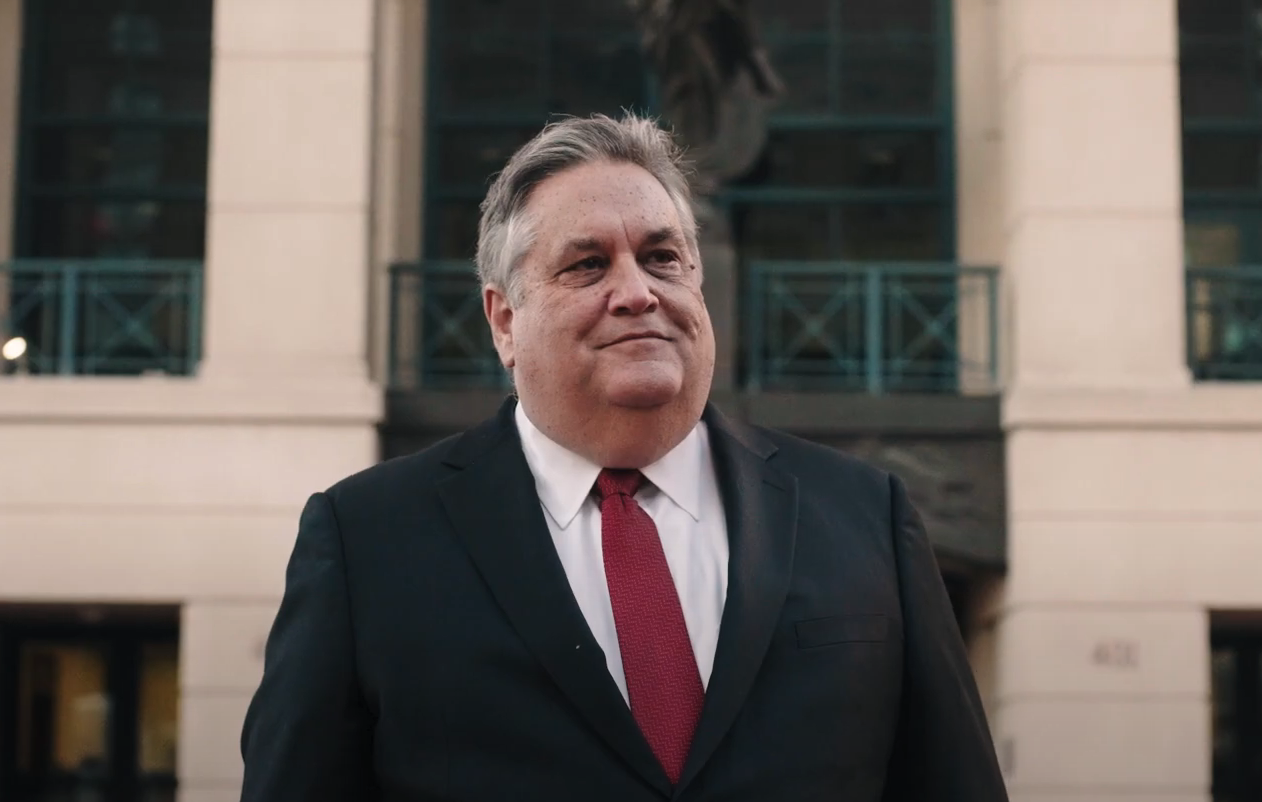
If you have been involved in a car accident, most car insurance companies will tell you to call them and report the accident to them right away. Often, this is brazenly printed on the back of insurance cards and other documentation that the insurance companies provide. We understand the reasoning for this advice, but it is a little bit misleading, and can sometimes hurt you more than help you.
Understanding how your car insurance can be involved in an accident that was someone else’s fault is very important, because if you say things to your own car insurance company, depending on what happens in the course of the car accident claim, they may later on use it against you!
What Happens After a Car Accident
If you have been involved in a car accident, more often than not, the police will tow your vehicle to a local impound yard to open up the roadway, and you will be transported to the hospital for evaluation and treatment.
After you get out of the hospital, your impulse may be to call the other person’s car insurance, or perhaps to call your own car insurance. We strongly recommend against this. Here is why. Anything you say can and will be used against you, not only in a court of law, but also throughout the insurance claims process.
When you call a car insurance company, whether it’s your own insurance company or the insurance company for the person who caused the accident, you will be speaking with an insurance adjuster. Adjusters are highly trained people in the insurance industry who know how to speak to people in a very nice, calm, gentle manner, This is specifically to elicit the production of as much information as is humanly possible. They sound very friendly and helpful over the phone, because most people do not understand or realize that it is the adjusters’ job to pay as little money as possible on a claim.
Speaking to the At-Fault Car Insurance Company
The car insurance company for the person who caused the accident is generally referred to as the at-fault insurance company, or at-fault carrier. These adjusters people will often discuss the accident with you, and will eventually talk you into giving them a recorded statement, where they ask you a series of questions. Make no mistake, the purpose of this is to try to gather information that they can utilize to minimize, or otherwise deny your claim.
Even though this statement is not taken under oath, it is recorded, and will be transcribed. If your case goes to court, this can be introduced as evidence against you, if for example, your story changed or your forgot something, or merely misremembered.
Speaking to Your Own Car Insurance Company
Your car insurance is on your side, right? Are they a good neighbor? Did you save 15% or more by switching to them? Most people believe that their car insurance is on their side because they are paying for it. Unfortunately, that is a false premise. Your own car insurance company should be on your side, but is not always. Whether it is or not depends on the facts and legal issues of the accident itself.
Remember that car insurance has two parts:
- Bodily Injury Liability, which protects other people in the event that you are responsible for the accident, and
- Uninsured Motorist Coverage, which protects you when the person who causes the accident does not have insurance, cannot be identified (such as in a Hit and Run crash), or otherwise cannot be sued. This uninsured motorist coverage comes from your own car insurance – he same people that you pay, and the same people that tell you they want to help you.
An uninsured motorist claim is an adversarial process (recognized in Virginia in Seals v. Erie Insurance Exchange, 277 Va. 558, 563 (2009)). Just like at-fault insurance adjusters, the UM (uninsured motorist) or UIM (underinsured motorist) adjusters for your own car insurance company are doing everything they can to deny the claim, or to minimize it as much as possible. An insurance company is responsible to its stockholders, not to the people that pay it money.
Reporting the Accident
If you do report the car accident to the insurance company, we recommend that you give them the facts, and as much detail as you remember. However, do not answer questions that have not been asked. Do not volunteer information, or give them more than is necessary.
A car accident lawyer is responsible to you, ethically and legally. That is the difference between an attorney and an insurance adjuster. The insurance adjusters have no ethical duty to tell you what the law is, or to tell you to stop talking if you have said something that they can potentially use against you. We will. It is our job to protect you, sometimes even from you!
Ideally, we tell people to call us immediately after an accident, so that we
can give them guidance on exactly what to say, and to what not to say,
after the crash.
Moving Your Vehicle After Its Been Towed
Often times, we will specifically instruct our clients to call their own car insurance company after an accident – but only after they are represented by a car accident lawyer. In a limited set of facts, such as when the other insurance company has not yet accepted liability, it is vital that you move your vehicle from the police impound or tow yard. These tow truck companies are charging ridiculous storage fees per day, that add up significantly. A claimant or plaintiff (the person bringing the claim) always has a duty to mitigate his or her own damages. This means to keep them as small as possible.
If your vehicle is in a tow lot, then you will have to call your car insurance company so that they can move it to a lot that they are willing to pay for. However, in this instance, we will have already sent them a letter of representation, and we will explain to you exactly what you can say. Generally, you will not discuss the facts of the accident, or any injuries that you sustained. You will only discuss the logistics of moving the vehicle: where is it, what is the phone number of the tow company, what is the police department, what is the report number, etc. Basic, indexing things only. We do this to protect you, as our client. As a general principle, the less you say to insurance companies, the better.
Why is all this so important?
If you live in in Virginia, Maryland, and Washington DC, you have to know that the laws do not work like they do in almost the rest of the company. Our jurisdictions in the DMV (and 3 other states) are all contributory negligence states. This means that if they can prove that you’re only 1% responsible for the accident, your claim can be denied out right. This is the same for uninsured motorist claims as it is for claims against the at-fault party’s car insurance. This right here is the reason why we don’t want you to speak to any car insurance company that may potentially have to come into the case.
Speaking to a Car Accident Attorney
If you have been involved in a car accident that was not your fault, you should always contact the experienced team at Blaszkow Legal as soon as possible after the accident. Let us fight foir you from the moment you call us. The sooner you call us, the sooner we can protect you! It is our job do everything we can to preserve your claim and to demonstrate your damages. This means that we will do everything in our power to stop the insurance companies from making any argument that could kick the legs out from under your claim.
Call Joe Blaszkow and his team today, for a free consultation, and get the best fighting for you, right now. Call 703-879-5910 anywhere in Virginia, Maryland, or DC!


